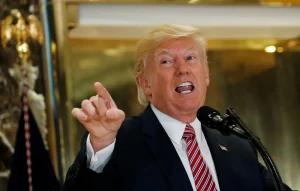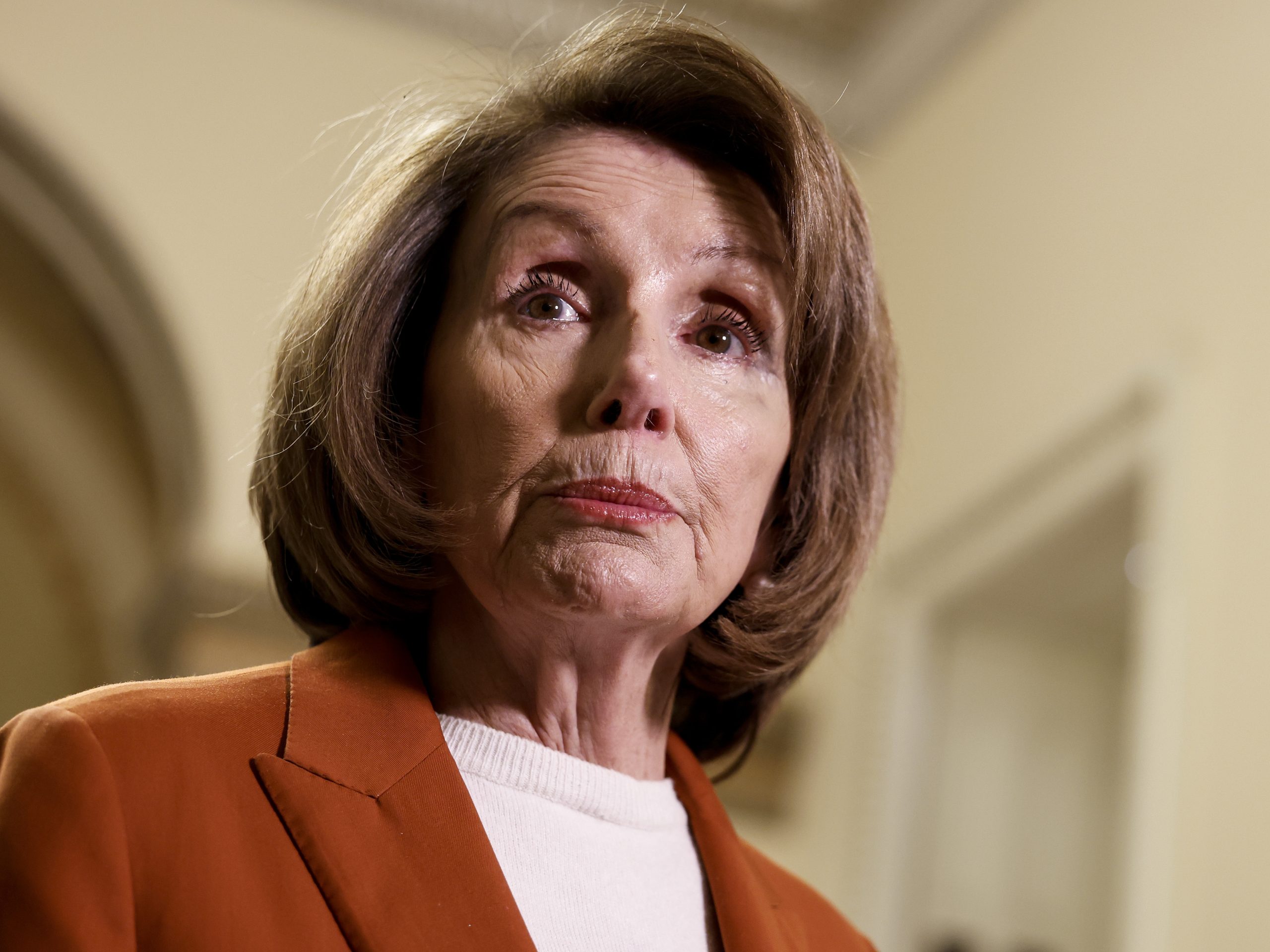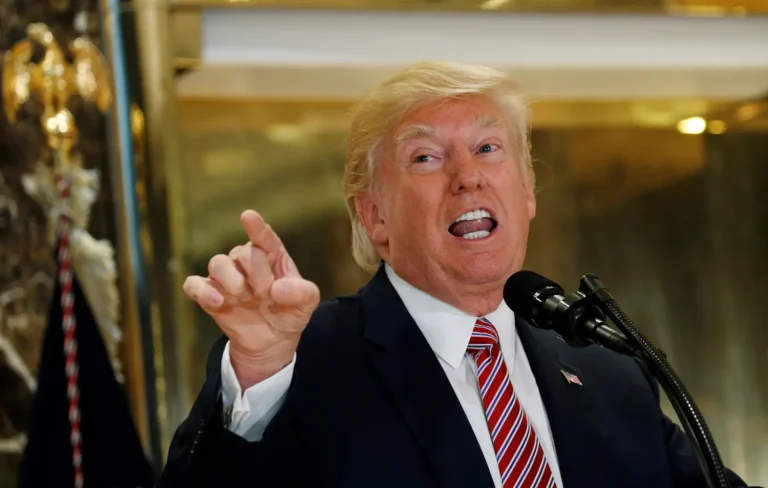Nancy Pelosi, longtime Democratic leader and former Speaker of the House, has consistently emphasized that much of her political work is motivated “for the children.” This phrase has become a signature refrain in her speeches, used to highlight her commitment to issues like education, gun safety, and family welfare. Yet, despite this consistent messaging, Pelosi’s sincerity has come under growing skepticism, fueled in part by her personal wealth and controversial stock trading activities.
Pelosi regularly incorporates “for the children” into her public statements. Over the years, she has invoked this phrase while advocating for legislation on gun control, funding for public education, and social programs aimed at protecting vulnerable families. For Pelosi, the phrase symbolizes a broader mission to build a safer and more equitable future for the nation’s youth.
However, Pelosi’s messaging has faced significant backlash, especially on social media platforms like X (formerly Twitter). Many critics mock her repeated invocation of “for the children,” arguing that it serves as a political talking point rather than a genuine motivation. Some social media users have sarcastically pointed to Pelosi’s substantial personal wealth, questioning how someone so financially privileged can credibly claim to be motivated by the needs of children and struggling families.
Pelosi’s estimated net worth is roughly $120 million, making her one of the wealthiest members of Congress. Much of this wealth comes from investments and real estate holdings accumulated over decades. This fact has contributed to a perception among some that Pelosi’s priorities may not fully align with the interests of everyday Americans.
Adding to the controversy are Pelosi’s stock trading activities, which have come under public scrutiny in recent years. She and her husband have made numerous trades involving individual stocks and mutual funds, some of which have yielded significant profits. Critics allege these trades raise ethical questions and possible conflicts of interest, especially given Pelosi’s access to non-public information as a high-ranking government official.
While no formal investigations have resulted in charges or definitive proof of wrongdoing, the stock trading controversy has fueled calls for tighter regulations on congressional financial disclosures and trading. Pelosi has denied any unethical behavior, maintaining that her investments comply with all legal and ethical standards.
In summary, Nancy Pelosi’s frequent use of “for the children” as a political motif resonates with many who support her policy goals. Yet, her considerable wealth and contentious stock trading have led to widespread skepticism about her true motivations. Whether viewed as a genuine advocate for children or a seasoned politician using effective rhetoric, Pelosi remains a polarizing figure in American politics, with her personal finances continuing to draw attention alongside her public statements.

James Jenkins is a celebrated Pulitzer Prize-winning author whose work has reshaped the way readers think about social justice and human rights in America. Raised in Atlanta, Georgia, James grew up in a community that instilled in him both resilience and a strong sense of responsibility toward others. After studying political science and creative writing at Howard University, he worked as a journalist covering civil rights issues before dedicating himself fully to fiction. His novels are known for their sharp, empathetic portraits of marginalized communities and for weaving personal stories with broader political realities. Jenkins’s breakout novel, Shadows of Freedom, won national acclaim for its unflinching look at systemic inequality, while his more recent works explore themes of identity, resilience, and the fight for dignity in the face of oppression. Beyond his novels, James is an active public speaker, lecturing at universities and participating in nonprofit initiatives that support literacy and community empowerment. He believes that storytelling is a way to preserve history and inspire change. When not writing, James enjoys jazz music, mentoring young writers, and traveling with his family to explore cultures and stories around the world.









